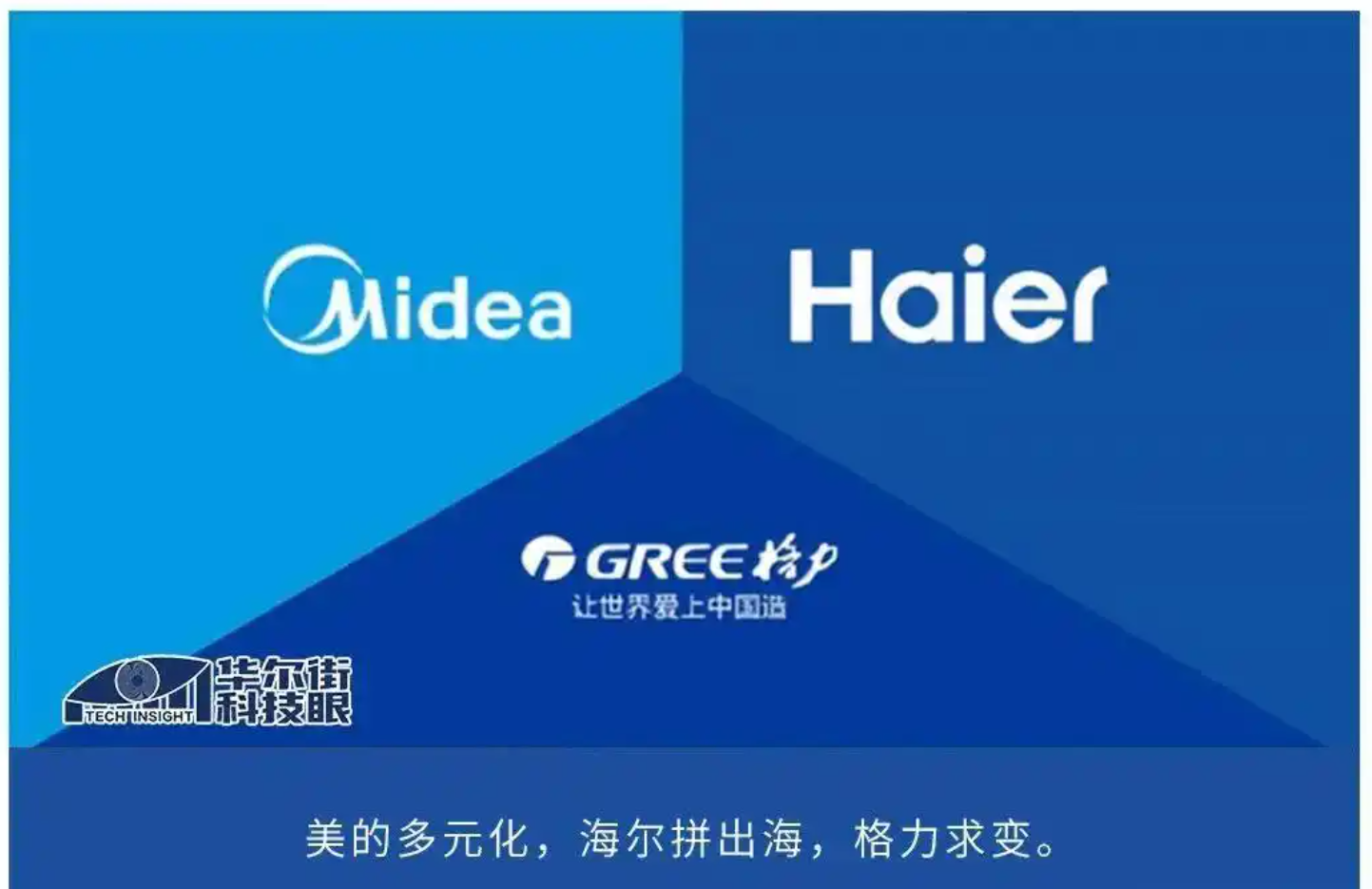Domestic Market: Spec Race Breaks Physical Limits
Three hyper-competition phenomena:
Performance Overdrive: Cordless vacuum motors hit 300,000 RPM (vs 120,000 RPM in 2020), yet spec influence on purchases drops to 15%
Scenario Fragmentation: 37 SKUs created (baby-safe/disinfection, e-sports room editions) with 8x price gaps
Channel Revolution: Pinduoduo's "Hardcore Subsidies" drive 22% sales share for $400+ models
AVC data shows H1 2024 China online prices fell 11% YoY, while auto-dust-collection models grew 63%, proving tech innovation the only profit safeguard.
Globalization 3.0: From Exporters to Rule-Makers
New overseas strategies:
Europe: Roborock S8 series captures 25% France share via Blue Angel certification
North America: Dreame Z60 Pro with proprietary SLAM chip outsells iRobot 5:1 on Prime Day
Emerging Markets: Temu SEA Cleaning appliances GMV soars 1200% MoM, Chinese brands dominate TOP10
Supply chain advantages:
✓ Cainiao's US-China "10-Day Delivery" cuts logistics costs 40%
✓ Gree's Vietnam base enables 48-hour SEA delivery
✓ DJI's LiDAR modules drop to $23(vs$52 imported)
Tech Leadership: Patents Surpass Japan & Germany Combined
2024 milestones:
Standard Authority: Midea leads IEC 62929 water efficiency standards
Core Innovation: Lexy's 100,000-hour brushless motors secure CE/UL certifications
Customs data shows 67% exported appliances carry Chinese patents (up from 21% in 2020).
Hidden Risks: Localization Challenges Emerge
Expansion pain points:
15% device failure rate in Middle East sandstorms (vs 2.3% domestically)
7% EU models delisted for GDPR non-compliance
US tariffs threaten $1.2B order profits
IDC analyst Li Wei notes: "Chinese brands are transitioning from supply chain advantages to tech ecosystem dominance, potentially yielding the industry's first Chinese global CEO by 2025.

GfK reports the global cleaning appliance market reached $88B in 2024, with Chinese brands contributing 42% industry profits through premiumization. Domestic competition intensity has surged 280% since 2021, forcing leaders like Ecovacs and Dreame to allocate 78% R&D budgets to overseas customization.
Domestic Market: Spec Race Breaks Physical Limits
Three hyper-competition phenomena:
Performance Overdrive: Cordless vacuum motors hit 300,000 RPM (vs 120,000 RPM in 2020), yet spec influence on purchases drops to 15%
Scenario Fragmentation: 37 SKUs created (baby-safe/disinfection, e-sports room editions) with 8x price gaps
Channel Revolution: Pinduoduo's "Hardcore Subsidies" drive 22% sales share for $400+ models
AVC data shows H1 2024 China online prices fell 11% YoY, while auto-dust-collection models grew 63%, proving tech innovation the only profit safeguard.
Globalization 3.0: From Exporters to Rule-Makers
New overseas strategies:
Europe: Roborock S8 series captures 25% France share via Blue Angel certification
North America: Dreame Z60 Pro with proprietary SLAM chip outsells iRobot 5:1 on Prime Day
Emerging Markets: Temu SEA Cleaning appliances GMV soars 1200% MoM, Chinese brands dominate TOP10
Supply chain advantages:
✓ Cainiao's US-China "10-Day Delivery" cuts logistics costs 40%
✓ Gree's Vietnam base enables 48-hour SEA delivery
✓ DJI's LiDAR modules drop to $23(vs$52 imported)
Tech Leadership: Patents Surpass Japan & Germany Combined
2024 milestones:
Standard Authority: Midea leads IEC 62929 water efficiency standards
Core Innovation: Lexy's 100,000-hour brushless motors secure CE/UL certifications
Customs data shows 67% exported appliances carry Chinese patents (up from 21% in 2020).
Hidden Risks: Localization Challenges Emerge
Expansion pain points:
15% device failure rate in Middle East sandstorms (vs 2.3% domestically)
7% EU models delisted for GDPR non-compliance
US tariffs threaten $1.2B order profits
IDC analyst Li Wei notes: "Chinese brands are transitioning from supply chain advantages to tech ecosystem dominance, potentially yielding the industry's first Chinese global CEO by 2025.
















